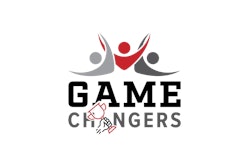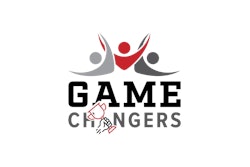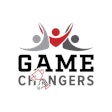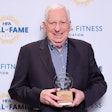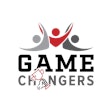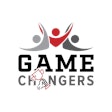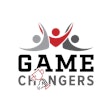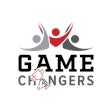Copyright 2017 The Washington Times
All Rights Reserved
The Washington Times
Cheating in sports has taken place as long as sports has existed.
Why? Because a team or individual doesn't think they are good enough to win.
It happens at all levels of play, at all ages, and with male and female athletes.
Many use the excuse when they're caught that it was the only way they could "win" because the competition was too good or they were cheating as well.
And they assume that if the other side is using any means necessary to win, that relieves them of the burden of playing by the rules.
In our latest Sport Psychology Today podcast, I spoke with Dr. Stephen Mosher, coordinator of the Sports Studies program at Ithaca College in New York.
We discussed the role sports plays in society and the moral issues that exist at all levels of competition.
Dr. Mosher asserts that there are moral values to be learned in both winning and losing.
Too great a focus on winning starts long before the professional level, when adults, especially coaches, value winning over teaching skills and having fun.
It's gotten so bad in the world of college basketball that, according to Dana O'Neil of The Athletic, the National Association of Basketball Coaches has had to advise coaches who have participated in illegal activity to come forward.
Dr. Mosher says we need to "listen to reason and the research about what sports can teach" as well as the negatives it can promote.
In the end, a young athlete's successes and failures can be strongly influenced by adult role models.
At a youth level, parents and coaches must use common sense about when and whether a child is ready to sign up for a team.
This might mean waiting until enough moral reasoning develops in an individual so they can make competent decisions and know what the consequences are in an athletic contest if they don't play fair.
And "play" is the key word.
Early experience where play is central and winning is de-emphasized is critical.
Signing up for an organized sport league too soon and entering in an environment where the results of the competitions are emphasized is the first step down the road to cheating.
⦁ Dr. Andrew Jacobs has served as the team psychologist for the Kansas City Royals and numerous other professional, collegiate and Olympic teams. He's hosted a sport psychology radio show for 26 years and is the co-author of "Just Let 'em Play: Guiding Parents, Coaches and Athletes Through Youth Sports."
Read More of Today's AB Headlines
Subscribe to Our Daily E-Newsletter
Terms and Conditions Privacy Policy

















